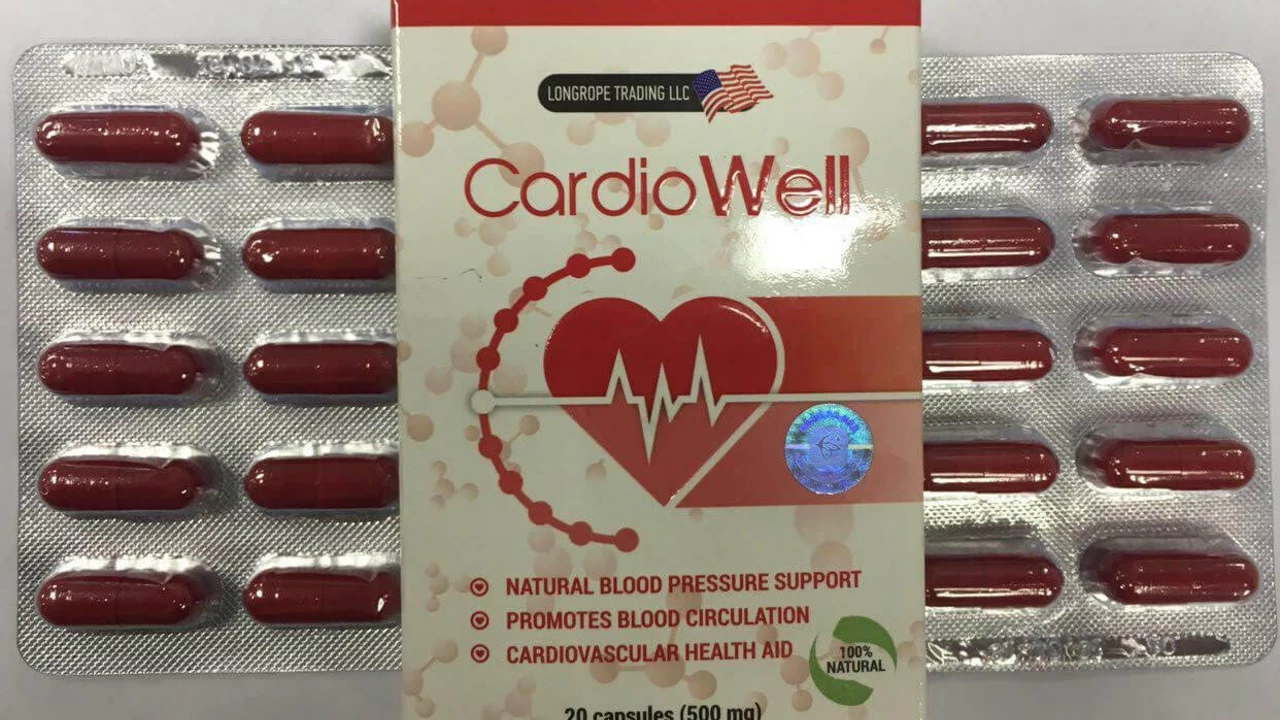Cardiovascular health: practical steps you can use today
Worried about your heart? Small changes add up fast. This page gives clear, actionable steps to lower risk, read test results, and know when to contact a doctor—no medical jargon, just useful advice you can use now.
Everyday habits that make a big difference
Move more. Aim for 150 minutes of moderate activity a week—walking, cycling, brisk gardening. You don’t need a gym: three 10–15 minute walks a day help blood pressure and mood.
Eat with heart in mind. Focus on vegetables, fruit, whole grains, lean proteins, and healthy fats like olive oil. Cut down on processed foods and limit sodium—shoot for under 2,300 mg daily, or closer to 1,500 mg if you have high blood pressure. Swap sugary drinks for water or unsweetened tea.
Watch weight, sleep, and stress. Losing 5–10% of body weight can lower blood pressure and blood sugar. Get 7–8 hours of sleep most nights. For stress, try short breathing breaks, a walk, or 10 minutes of focused relaxation—daily practice beats occasional binges.
Quit smoking and limit alcohol. Smoking raises heart disease risk immediately; quitting lowers it fast. Keep alcohol moderate—up to one drink a day for women, two for men—and check with your doctor if you take meds.
When tests and medicines matter
Know your numbers. Get your blood pressure checked at home or at a clinic. Normal is below 120/80 mm Hg, and treatment often starts if readings are consistently above 130/80 for many people. Ask for a fasting lipid panel to see LDL, HDL, and triglycerides. If you have diabetes or vascular disease, your doctor may aim for lower LDL levels.
Medications save lives, but they need management. If you take blood thinners like warfarin (Coumadin), you’ll need regular INR tests—typical targets are 2.0–3.0 for many conditions, but your doctor will set the right range for you. Statins, blood pressure meds, and diabetes treatments each have side effects and interactions—report new symptoms and avoid stopping meds abruptly.
Know warning signs. Chest pressure, sudden shortness of breath, jaw or arm pain—call emergency services. For stroke, remember FAST: Face droop, Arm weakness, Speech trouble, Time to call. Quick action saves muscle and brain tissue.
Want specific help? Ask your clinic for a heart-risk check (blood pressure, lipids, glucose), set up repeat reminders for tests, and get a clear plan for meds and lifestyle changes. Small, steady steps protect your heart better than one big effort.

The impact of sildenafil on cardiovascular health and circulation
As a blogger, I've recently delved into the impact of sildenafil on cardiovascular health and circulation. Interestingly, I discovered that sildenafil, the primary ingredient in Viagra, was initially developed to treat heart-related issues. It turns out that its vasodilatory effects can improve circulation and lower blood pressure. However, it's important to note that sildenafil may not be suitable for individuals with certain heart conditions, as it can interact negatively with some medications. Overall, sildenafil has shown promising results in treating certain cardiovascular issues, but one should always consult a healthcare professional before using it for such purposes.
Read more